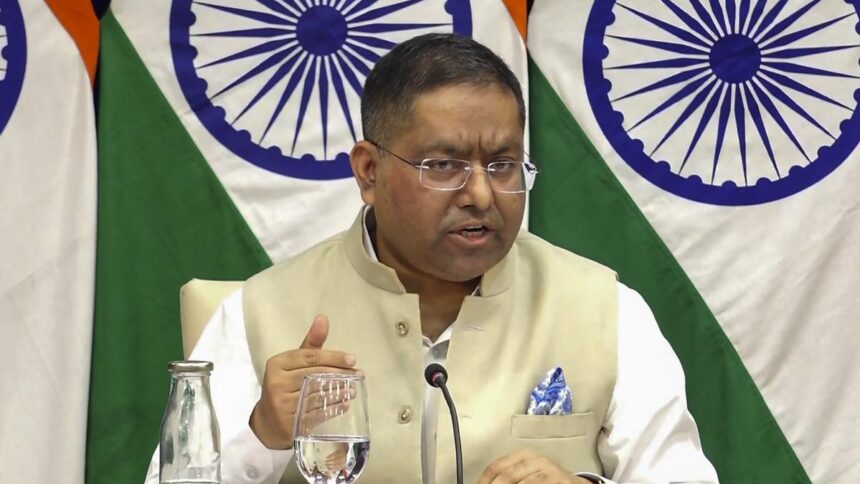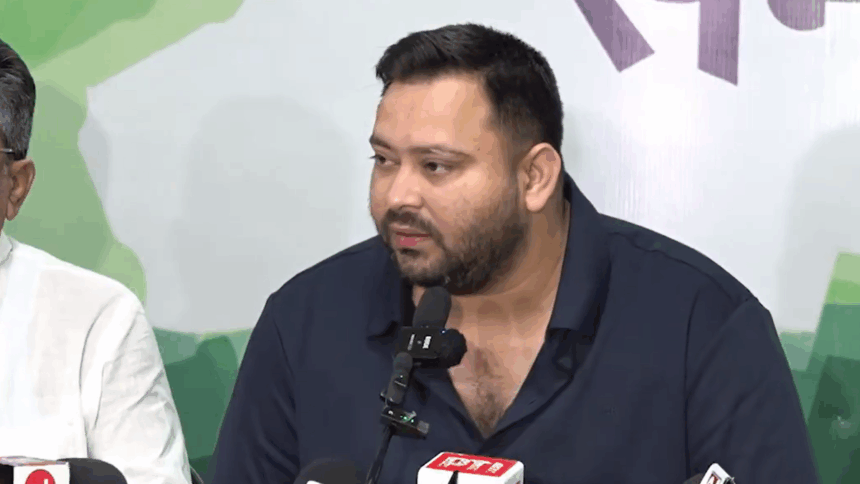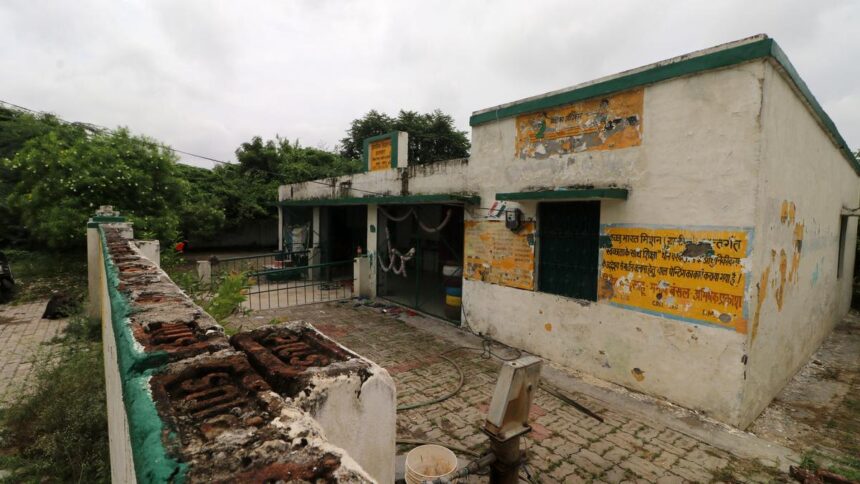While the deep penetration of Artificial Intelligence (AI) tools in India is a serious concern, it could be turned into an opportunity with structured sensitisation and training programmes for both teachers and users, speakers at a panel discussion said on Monday.
A way forward would be AI literacy for teachers to ensure good use of AI in educational institutions, including schools. There need to be clear guidelines developed by academics on what these tools can be used for and these guidelines should be continuously monitored, the panelists stressed.
The discussion was the first of a series of dialogues started by Tamil Nadu State Council for Higher Education (TANSCHE), titled Uyarkalvi Uraiyadalgal, and the topic was “Impact of Generative AI on the Future of Education and Employment”.
Gayathri Devi Jayan, Indian Chapter President, Applied AI Association, said that children in the education system should be thinking more laterally rather than following a pattern. “AI follows patterns. We are not AI, we are humans. How do we bring that into the curriculum should be the point of discussion,” she stressed.
B. Ravindran, Head, Department of Data Science and AI, and Head, Wadhwani School of Data Science and AI, IIT Madras, said that popular LLMs (Large Language Models) have recorded significant biases in their responses. For example, when prompted about higher education opportunities in India, “almost 80 % of the recommendations are asking you to go to the US or to Europe; they don’t recommend higher study institutions in India even though the student is asking [about] India”. There was a need to step back and think about what could be responsible use of AI in the Indian context.
V. Ravindran, Director, Institute of Mathematical Sciences, said that AI was a sophisticated tool that mimics our brain and awareness on what it is and how it works should be brought to children at school level because, if used wrongly, their cognitive skills could be hampered and interpersonal relations and emotions can be affected.
Industry, too, was incentivising the use of minimal resources to maximise output and, therefore, the right mix of human expertise and AI tools are required to optimise operations, said Dhinakaran Vinayagamurthy, Lead, Quantum Innovation Centre, IBM Quantum India. Data bias and quality of output in AI models, he added, was much more of a serious concern in the industry.
Earlier, inaugurating the discussion series, Govi. Chezhiaan, Higher Education Minister, said that for the first time in decades, the State government this fiscal allocated Rs. 60 crore for refurbishing laboratories in higher education institutions strengthening the foundations for development of Tamil Nadu. Besides, two basic science research centres are coming in Chennai and Coimbatore at a cost of Rs. 100 crores.
Delivering the keynote address, Lakshmi Narayanan, Managing Trustee, Chennai Mathematical Institute, said that based on the available data, there was a case to demand more investment in higher education from the State government.
M.P. Vijayakumar, Vice-President, TANSCHE, said that in addition to the labs and the research centres, a science park would be built on East Coast Road at a cost of Rs. 100 crore and two STEM laboratories would be established in Madurai and Coimbatore at a cost of Rs. 10 crore each.
P. Shankar, Higher Education Secretary, spoke. J. Innocent Divya, Commissioner, Directorate of Technical Education, and E. Sundaravalli, Commissioner, Directorate of Collegiate Education, were present.
Published – July 29, 2025 12:12 am IST




















